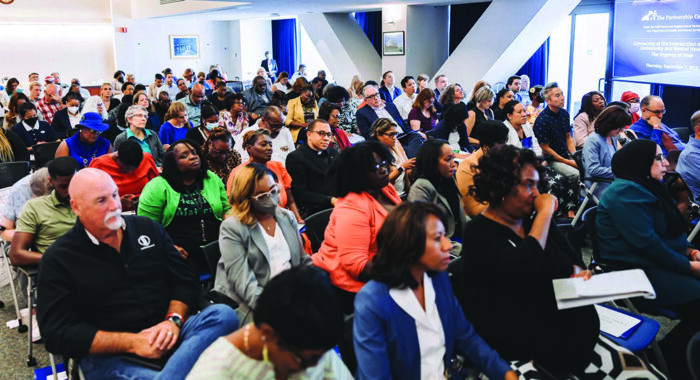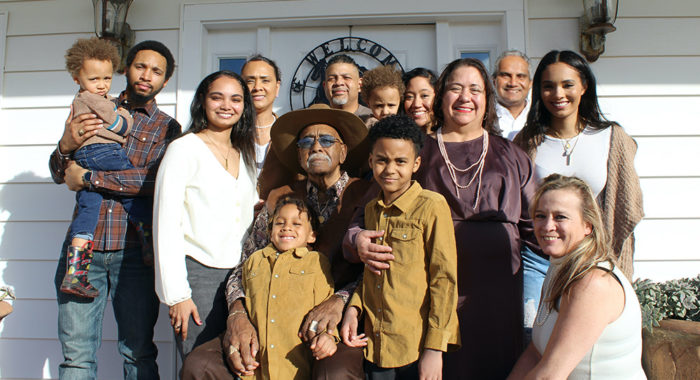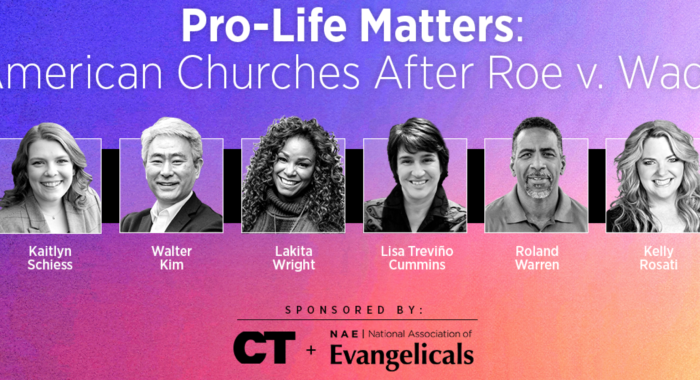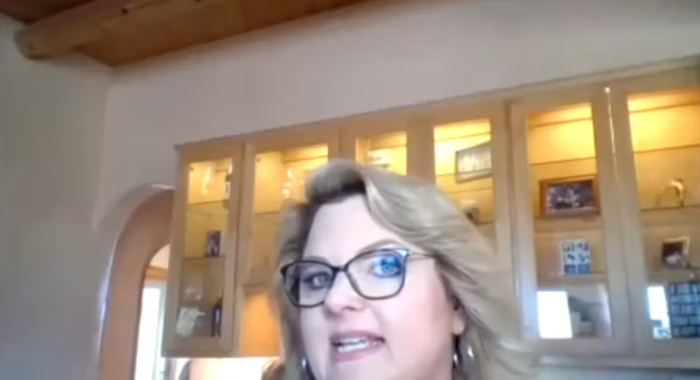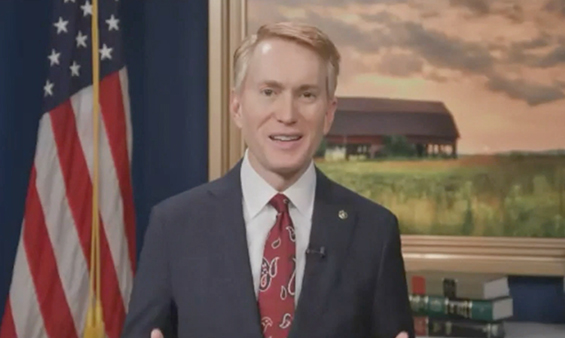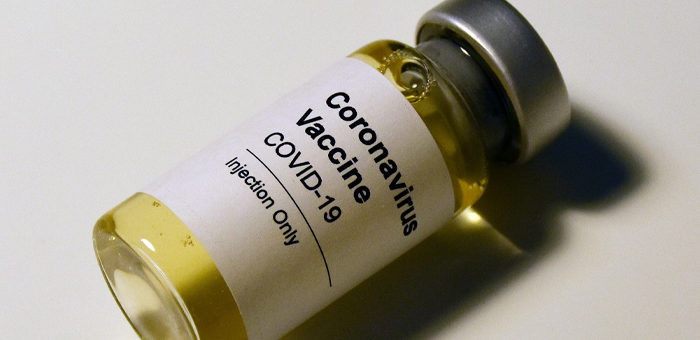As has been its practice for more than 15 years, the National Association of Evangelicals continues to welcome public dialogue and debate over health care reform.[1] While a majority of Americans enjoy access to high quality and technologically advanced medical services, the continued escalation in the cost of health care is clearly unsustainable, even for those who are currently covered.
Since passage of the NAE’s 1994 resolution, the estimated number of people who neither have health insurance nor the means to pay for health care has increased dramatically. While some may receive uncompensated care through charitable clinics and emergency rooms, this patchwork safety net is neither adequate nor cost-effective.
The American health care system is complex. Reform will not be easy, and reasonable people may disagree on solutions. The NAE calls on the President, his administration and members of Congress to work together in a cooperative and bipartisan manner to achieve the important goals of broad coverage, portability, cost containment, and maintenance of a consistent ethic of life.
We call on evangelicals, and all Americans, to engage in respectful and serious dialogue with our leaders and with each other, which focuses on issues rather than personalities. As we have said elsewhere, “we must take care to employ the language of civility and to avoid denigrating those with whom we disagree.”[2] Neither the common good nor the cause of Jesus Christ will be advanced through undignified shouting matches.
We reiterate our strong conviction that abortion is not health care.[3] We unambiguously oppose any proposal that would mandate or provide public funding or coverage for abortions or that would require health care providers to perform procedures that violate their conscience.
We further reaffirm that euthanasia should never be endorsed by government or surrogates, including mandatory health alliances.[4] We welcome thoughtful advance planning for end of life issues that affirms that all human life, including persons with disabilities, is sacred.
We also call on the President and members of Congress to diligently seek to make health care accessible to all; to promote judicial and tort law reform that will bring into balance legitimate claims and fair compensation; and to enlist the counsel and help of governmental institutions, social agencies, insurance companies, and churches to establish health care provisions that will maximize the creativity of the private sector while minimizing governmental control.[5]
[1] Health Care Reform 1994, National Association of Evangelicals.
[2] For the Health of the Nation 2004, National Association of Evangelicals.
[3] Health Care Reform 1994, National Association of Evangelicals.
[4] Ibid.
[5] Ibid.



 View All Updates
View All Updates 


